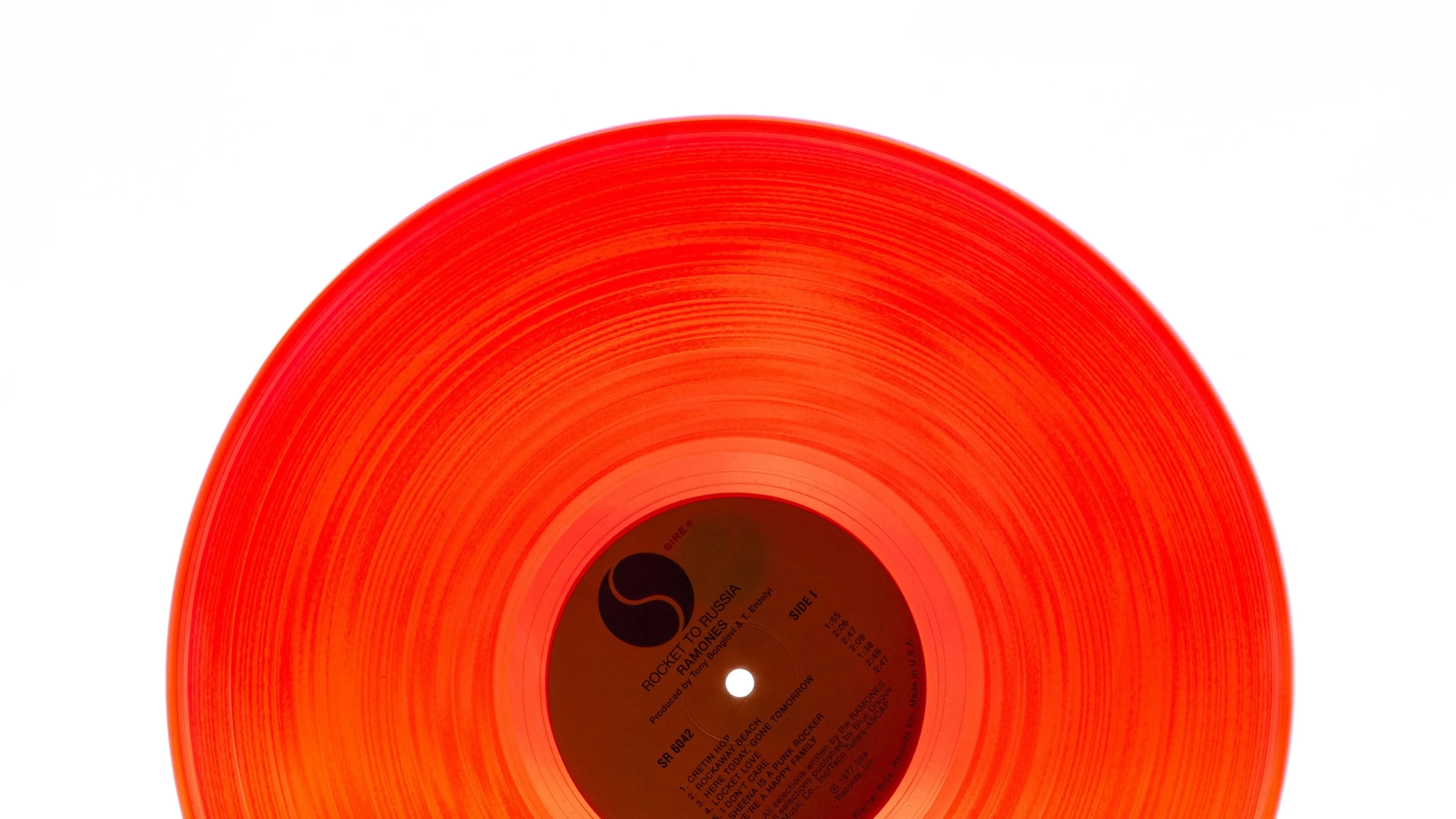Finn speaks to an important factor in the DIY ethos: the public perception of the label system. In the eyes of most musicians and many fans, record labels have the twin roles of predatory capitalists and hapless thralls. For young talent, labels often feel as though they exist to take ownership of your music in exchange for enough money to book a studio, pay a month’s rent, and create a run of shirts. For those bands who reach significant success, the label suddenly becomes the slightly embarrassed parent, cleaning up messes and reining in tantrums with the musician’s financial reward in mind.
This all changed with streaming services and crowdfunding sites. YouTube, Bandcamp, Soundcloud, and Spotify all made it so that anyone with home recording equipment could get their art out to the world, and could even sell merch or downloads in order to monetize their work. Meanwhile, when it came time to gather enough money to tour or print merch, Kickstarter and GoFundMe could allow fans to give their favorite musicians money, knowing that the majority of it wouldn’t end up funding the redecoration of an executive’s corner office. Social media allowed them to say whatever they wanted on a grand scale, regardless of what their label stood for.
This isn’t to say that labels aren’t forces for good art overall. Finn notes that what makes a specific label resonate with listeners is the community it fosters and sympathizes with, which then allows it to curate art and culture for a specific type of listener. This can be seen historically in grassroots labels with which certain musical milestones wouldn’t exist – for example, Megaforce (thrash metal), Epitaph (’90s punk), and Sumerian (djent and progressive death metal). These indies still exist today, and continue to champions certain styles of music that help specific types of fans feel less alone.
“I know there are people who will buy a 20 Buck Spin release just because of that label logo slapped on it,” says Dave Adelson, founder of metal indie 20 Buck Spin. Dave’s label is responsible for the releases behind many of underground metal’s favorite modern artists (Khemmis, Pallbearer, Tomb Mold, and Spirit Adrift, to name a few), and perceives his business as, among other things, a way to cut through the constant info dump of the digital age and give fans a product they can trust. “With so much music surfacing all the time, you have to have some sort of tastemakers, and labels serve that purpose well. Far more than magazines and blogs, though, they also matter in that regard.”
